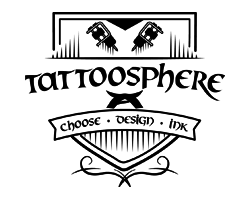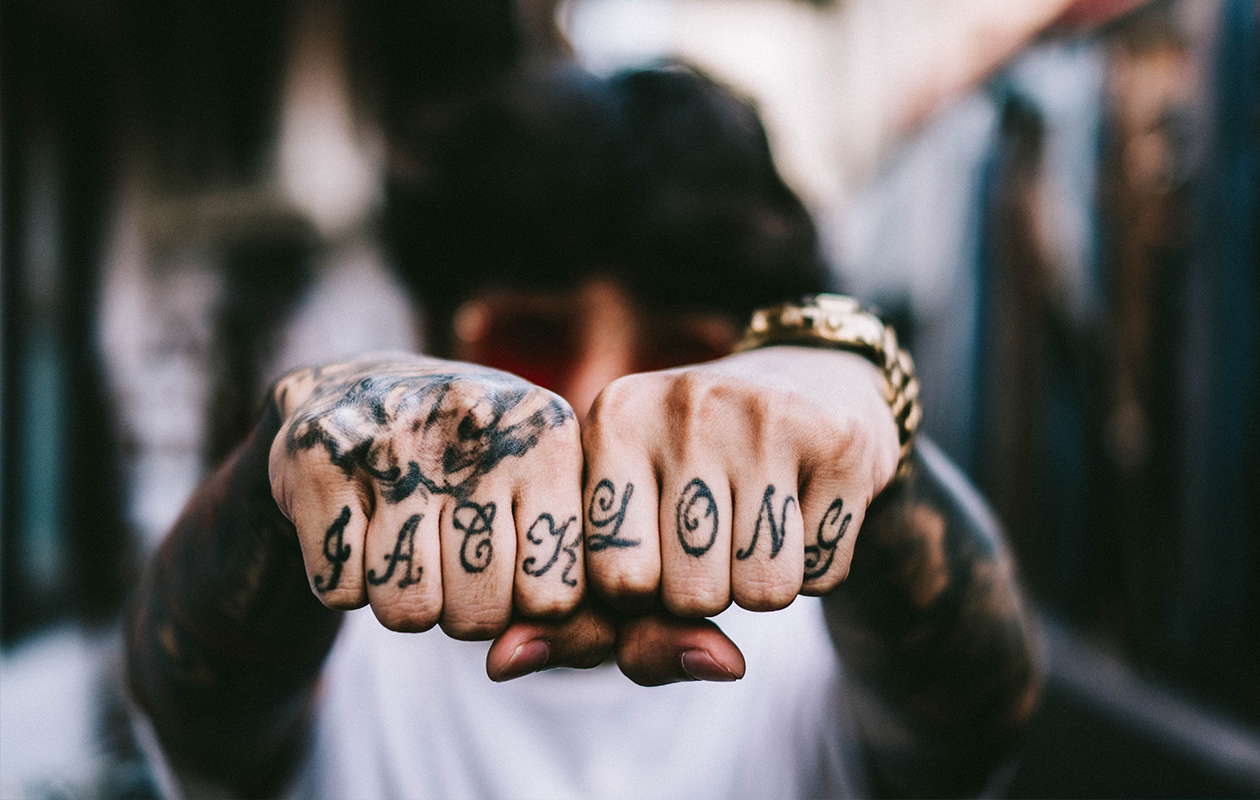The Rise of Professional Tattoo Culture in Delhi
Over the past decade, Delhi has transformed from a city where tattoos were once hidden or socially questioned into one of India’s strongest hubs for professional tattooing. What began with small, informal setups has evolved into a mature ecosystem of full-scale studios, trained artists, and a community that values creativity, hygiene, and long-term tattoo quality.
Today, Delhi’s professional tattoo culture reflects a shift in mindset — tattoos are no longer impulse decisions, but carefully planned, artist-led collaborations. This article explores how this transformation happened, what defines a professional tattoo studio in Delhi, and what clients should look for before getting inked.
From Underground Expression to Mainstream Art
In the early 2000s, tattoos in Delhi were often linked to niche subcultures or short-lived fashion trends. As social norms evolved, exposure through travel, digital media, and global art movements helped normalise tattooing across professions and age groups.
Today, students, corporate professionals, entrepreneurs, and creatives openly choose tattoos as tools of storytelling, remembrance, and self-expression. This broader acceptance has pushed demand for higher standards, safer practices, and experienced artists.
What Defines a Professional Tattoo Studio in Delhi?
A professional tattoo studio is not defined by décor or popularity alone. In Delhi, leading studios distinguish themselves through discipline, training, and transparency. Core markers include:
- Use of single-use sterile needles and medical-grade sanitation protocols.
- Clear consent documentation, patch testing, and written aftercare guidance.
- Artist portfolios focused on specific styles such as realism, fine-line, or black-and-grey.
- Structured tattoo training or apprenticeship programs rooted in safety and technique.
- Transparent pricing, clear booking systems, and pre-consultation processes.
Why Demand for Professional Tattooing Has Increased
Several factors have driven the surge in demand for professional tattoo services in Delhi. A younger, expressive population seeks permanent ways to communicate identity. At the same time, social platforms have made high-quality tattoo work more visible and aspirational.
Improved access to international-grade machines, pigments, and sterilisation equipment has raised technical standards across the city. Most importantly, trusted studios and trained artists have given clients confidence that tattoos can be both safe and long-lasting when done correctly.
Design Trends Shaping Delhi’s Tattoo Scene
Top studios and best tattoo artists in Delhi balance global tattoo trends with strong local inspiration. Popular styles currently shaping the city’s tattoo culture include:
- Fine-line and minimalist tattoos: subtle designs favoured by professionals and first-time clients.
- Realistic portrait tattoos: high-skill work requiring advanced shading and facial accuracy.
- Neo-traditional and illustrative styles: bold outlines paired with modern colour palettes.
- Indian-inspired motifs: mandalas, spiritual symbols, folk elements reinterpreted in contemporary forms.
- Cover-ups and restorative tattoos: transforming aged or unwanted tattoos into meaningful new art.
The Training Pipeline and Career Opportunities
Another sign of professional growth is the expansion of formal tattoo education in Delhi. Reputed studios now offer structured training that covers drawing fundamentals, machine handling, skin anatomy, sterilisation, ink safety, and client communication.
These programs attract serious artists who view tattooing as a long-term career. Graduates go on to pursue studio residencies, freelance guest spots, convention work, teaching roles, and creative collaborations with fashion, film, and media industries.
Hygiene, Regulation, and Public Safety
Health and safety were once major concerns surrounding tattooing in India. In response, professional studios in Delhi now operate with clinic-level sanitation standards, including autoclaves, clearly labelled disposable supplies, protective equipment, and visible cleaning procedures.
While India does not yet have a unified tattoo licensing framework, client awareness has driven voluntary compliance. Studios that prioritise hygiene and transparency are increasingly rewarded with trust, referrals, and long-term credibility.
Customer Experience — Beyond the Tattoo Machine
Modern tattoo studios in Delhi treat the client journey as a complete experience rather than a single session. This includes thoughtful consultations, realistic timelines, transparent pricing, and structured aftercare follow-ups.
Many professional studios publish healed tattoo results, explain recovery timelines, and maintain active portfolios so clients can make informed decisions. This integrated approach improves healing outcomes and strengthens long-term client relationships.
Choosing the Right Tattoo Studio in Delhi — A Practical Checklist
If you are planning a tattoo in Delhi, this checklist can help ensure a safe and satisfying experience:
- Inspect hygiene: Look for sealed needles, fresh gloves, and visible cleaning routines.
- Review portfolios: Confirm the artist’s experience in your chosen style.
- Ask about inks: Enquire about brands, ingredients, and patch testing if needed.
- Book a consultation: A proper discussion reflects professionalism and care.
- Understand pricing: Extremely cheap offers often compromise safety or quality.
- Follow aftercare: Healing quality depends heavily on post-tattoo care.
Community, Collaboration, and Visibility
Tattoo conventions, pop-up events, and collaborative art projects have played a key role in normalising tattoos within Delhi’s mainstream culture. These platforms encourage peer learning, quality control, and creative exchange among artists.
Collaborations with fashion designers, photographers, and film professionals have further expanded the role of tattooing as a recognised art form within the city’s creative industries.
Challenges and Opportunities Ahead
As the industry grows, challenges such as ink regulation, allergy awareness, and standardised training remain important. However, opportunities lie in certification programs, public education around tattoo safety, and stronger collaboration between studios and healthcare professionals.
Studios that invest in education, transparency, and community engagement are best positioned for long-term success in Delhi’s evolving tattoo landscape.
Why Delhi Matters in India’s Tattoo Culture
Delhi’s professional tattoo culture has grown rapidly because demand, talent, and entrepreneurial energy aligned at the right moment. Clients today enjoy access to diverse styles, trained artists, and studios that prioritise safety and experience.
As tattoo education, professional standards, and artistic collaboration continue to grow, Delhi is set to remain one of India’s most influential destinations for professional tattooing. Whether you are getting your first tattoo or adding to a collection, the city offers a refined blend of creativity, professionalism, and choice.









